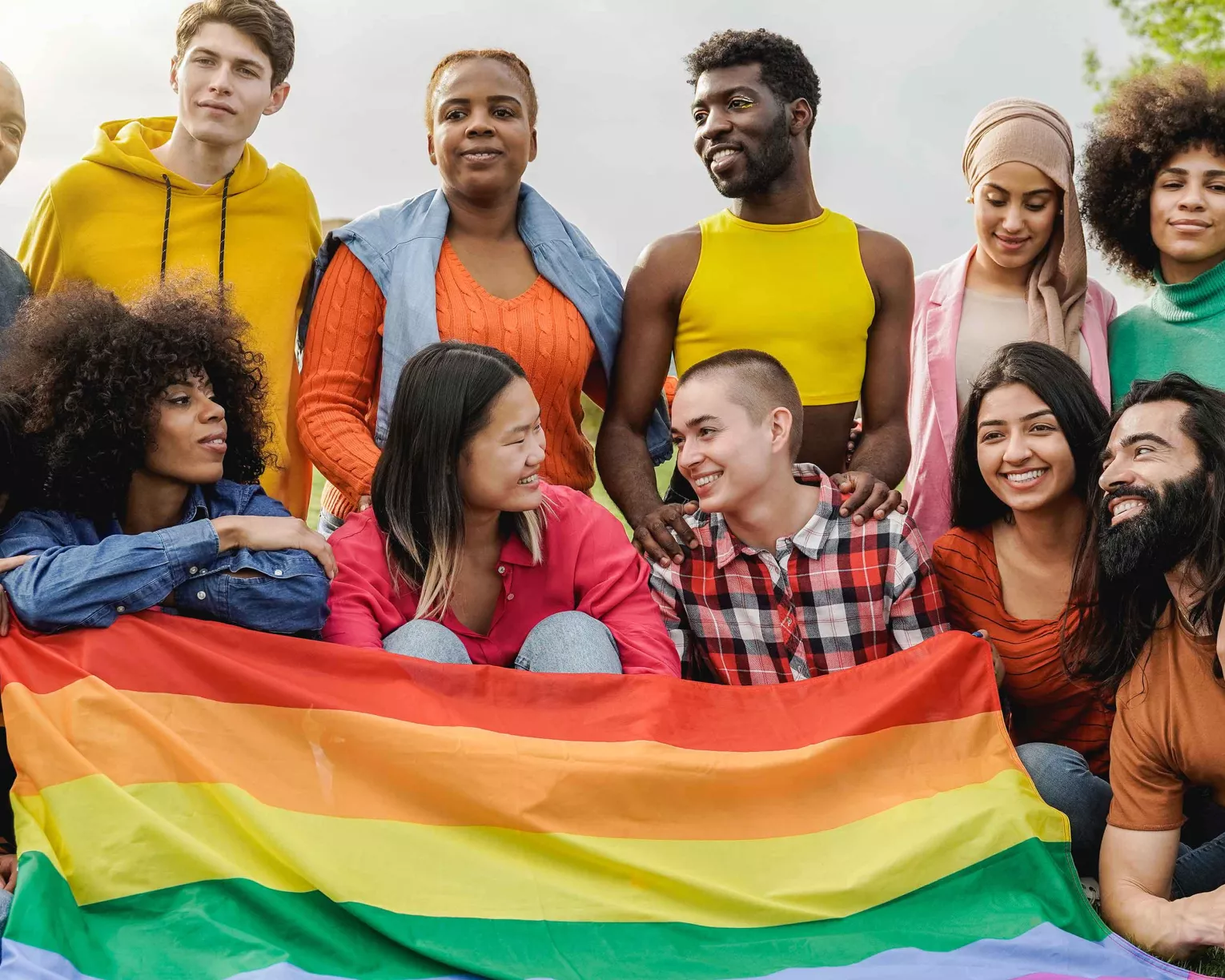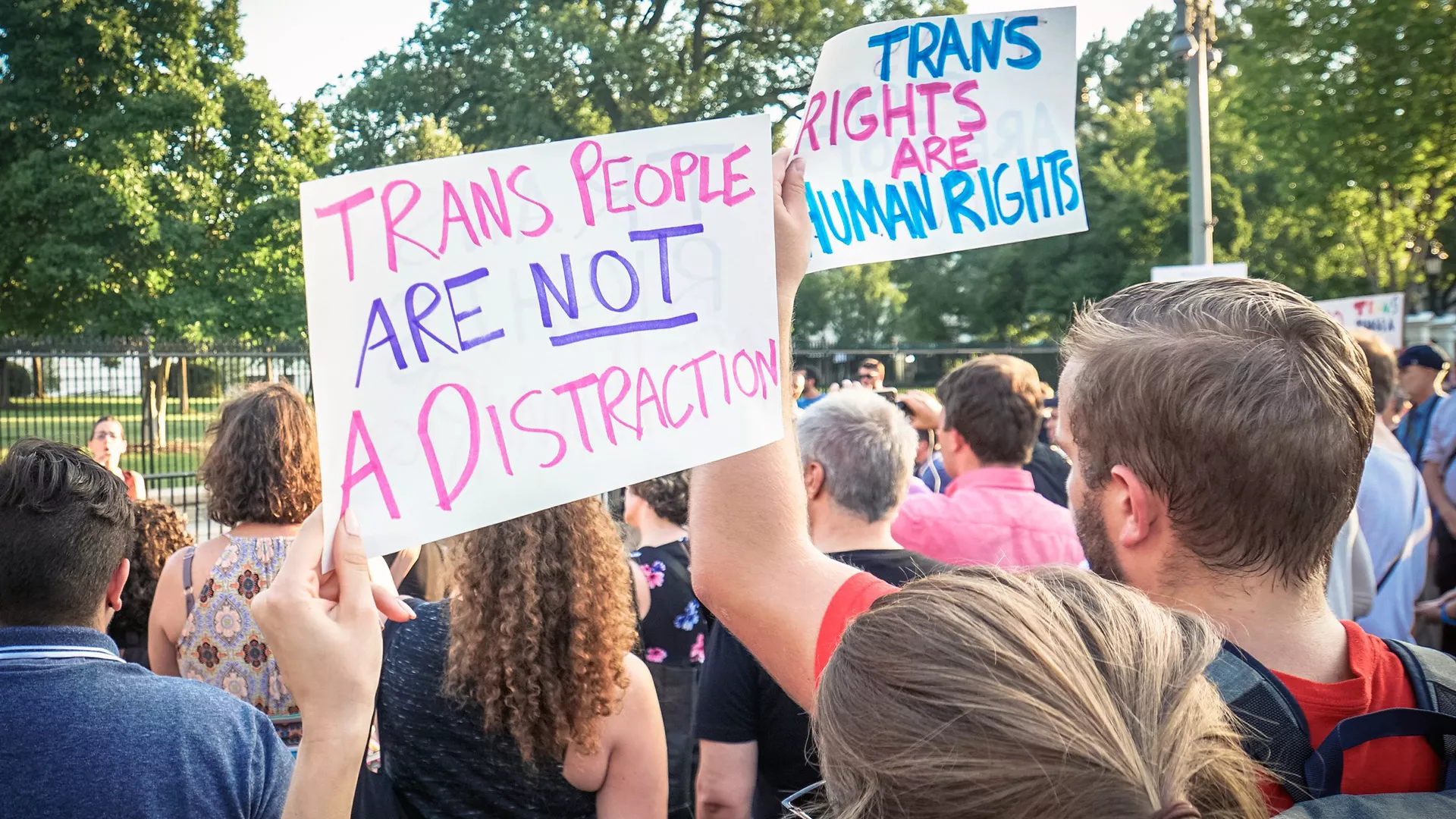Although LGBTQ+ liberties have garnered more attention in recent decades, the struggle for political, economic, and social freedom has long existed in the United States. Colonial American and early U.S. laws codified personal and intimate relationships between cis-gender men and women. Sodomy laws, although rarely enforced, carried a death sentence in the American Colonies. By the 18th century, punishments for sodomy laws relaxed but still made same-sex relationships illegal. By the mid-1900s, most states began decriminalizing same-sex relationships; however, discrimination in the workplace and legal system persisted. For example, gay and lesbian professionals were purged from government jobs and teaching positions. Even today, LGBTQ+ freedoms remain under fire from right-wing leaders. The struggle for rights in the United States is a constant battle, which has a significant impact on LGBTQ+ individuals’ economic, social, and political well-being.
Within an economics or financial literacy class, the following historical examples provide context to help students understand economic issues that LGBTQ+ individuals face today:
Notable Events
The Lavender Scare
One, Inc. v. Olesen
Stonewall Uprising
Norton v. Macy
American Psychiatric Association
Equality Act of 1974
The Briggs Initiative, Proposition 6
Don’t Ask, Don’t Tell
Defense of Marriage Act (DOMA)
Oncale v. Sundowner Offshore Services, Inc.
Lawrence v. Texas
Don’t Ask, Don’t Tell Repeal Act
Windsor v. United States
Obergefell v. Hodges: Marriage Equality
Bostock v. Clayton County, Georgia
Executive Order on Preventing and Combating Discrimination on the Basis of Gender Identity and Sexual Orientation
Equality Act of 2021
HB 1557, “Don’t Say Gay” Law
HB1521, Facility Requirements Based on Sex
Are you an affiliate?


